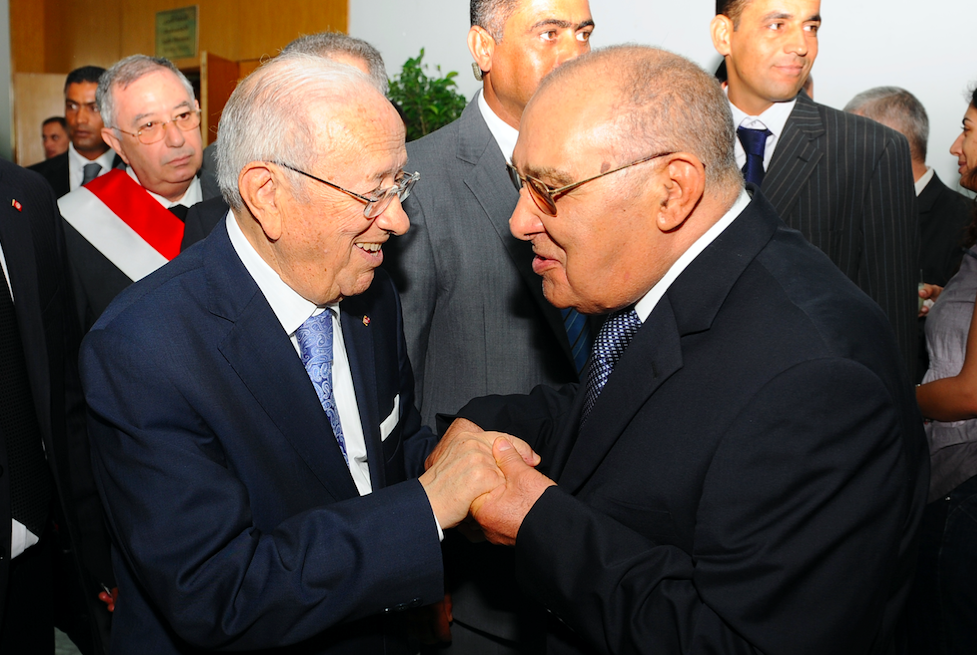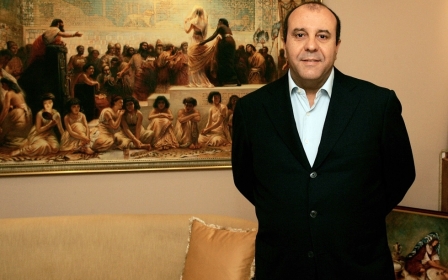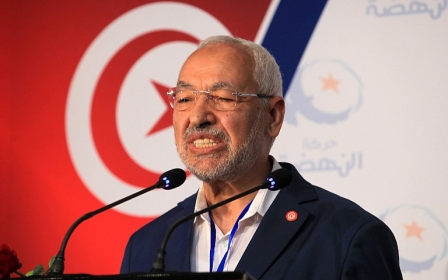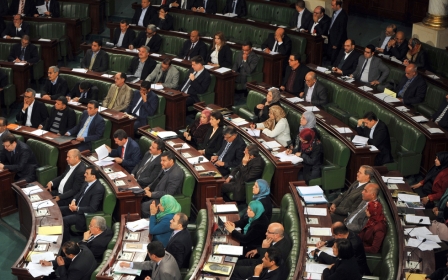Tunisia's president backs national unity government

Tunisia's President Beji Caid Essebsi on Thursday said he would support a government of national unity as long as it includes two key unions.
Any change of government would require the decommissioning of the current government, followed by negotiations between all of the groups involved, including political parties, unions and employers.
Prime Minister Habib Essid was already forced into a broad reshuffle in January, when the country witnessed its worst violence since the Arab spring uprisings of 2011 that toppled president Zine El Abidine Ben Ali.
The economy has also been hit by several militant attacks, including one in June in which 38 tourists were killed when gunmen stormed a beach resort. The incident has scared visitors away from its vital tourism industry.
Essebsi did not rule out the idea of a new prime minister to replace Essid, whom local media has speculated was about to depart after only a year and a half in the job.
"From what I have seen [of the current government], the bad points outweigh the positives, which has prompted me to... agree to look at a proposal to create a national unity government," he said in an interview broadcast on public television channel Wataniya 1.
He said any government would have to include Tunisian General Labour Union (UGTT) and the Confederation of Industry, Trade and Handicrafts (UTICA), which were part of a group of bodies that won the 2015 Nobel Peace Prize.
The National Dialogue Quartet, made up of four civil society groups, helped save Tunisia's transition to democracy at a sensitive moment in 2013 when the process was in danger of collapsing because of widespread social unrest.
But speaking several hours before the president, the secretary general of the UGTT, Houcine Abassi, seemed to rule out his union from any unity government.
"We cannot take part," he told radio Mosaique FM. The UGTT remains "the force that unites all the institutions and the place of refuge for a whole spectrum of opinions".
Tunisia's current government is composed of four groups including the party Essebsi founded in 2012, Nidaa Tounes, and the main opposition Ennahda party.
Fighting terrorism, corruption and unemployment, as well as addressing regional disparities, would likely remain the priorities for any new government.
"The failure of Mr Essid's government is that he did not confess to the people the situation in which he found the country," Essebsi said.
New MEE newsletter: Jerusalem Dispatch
Sign up to get the latest insights and analysis on Israel-Palestine, alongside Turkey Unpacked and other MEE newsletters
Middle East Eye delivers independent and unrivalled coverage and analysis of the Middle East, North Africa and beyond. To learn more about republishing this content and the associated fees, please fill out this form. More about MEE can be found here.




